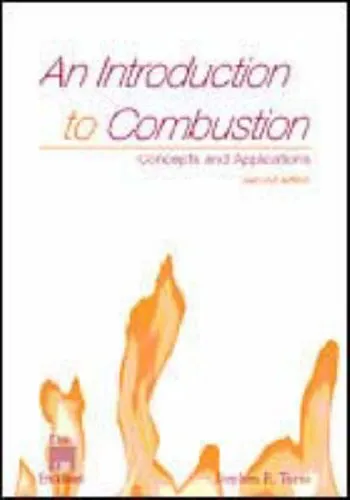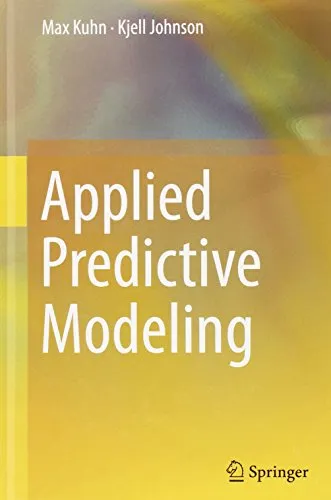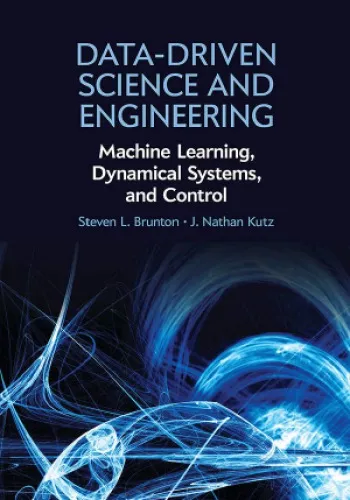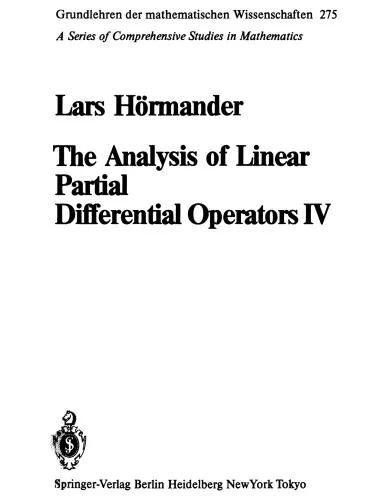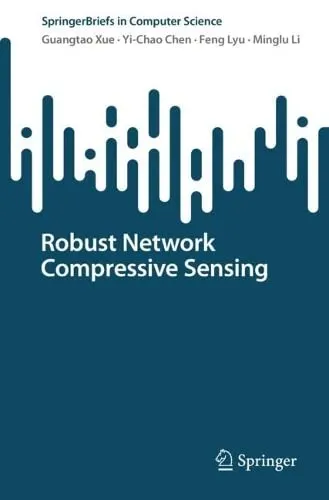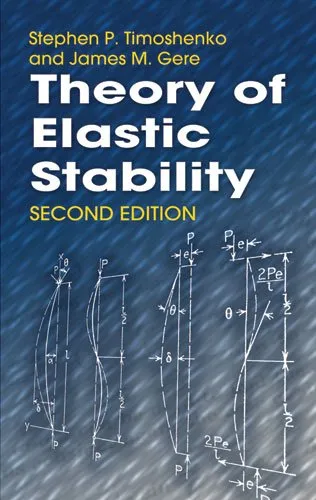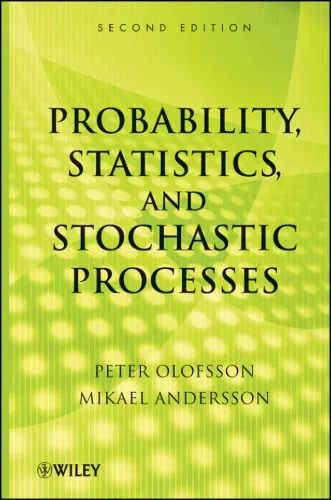An Introduction to Combustion: Concepts and Applications
4.2
Reviews from our users

You Can Ask your questions from this book's AI after Login
Each download or ask from book AI costs 2 points. To earn more free points, please visit the Points Guide Page and complete some valuable actions.Related Refrences:
Introduction to "An Introduction to Combustion: Concepts and Applications"
"An Introduction to Combustion: Concepts and Applications" is a seminal work in the field of combustion science and engineering. Authored by Stephen R. Turns, the book serves as an exceptional resource for students, researchers, and engineers alike, offering a thorough exploration of combustion principles while focusing on their practical applications in engineering systems. Since its inception, it has been celebrated for its clarity, pedagogical structure, and comprehensive scope, making it an indispensable text for anyone looking to delve into combustion processes and their real-world relevance.
Written in an accessible yet technically rigorous manner, this book masterfully balances fundamental principles with applied science. Its goal is not merely to educate but also to inspire deeper thinking about energy production, efficiency, and environmental impacts in industries dependent on combustion.
Detailed Summary of the Book
The book begins by laying the groundwork with a solid introduction to the core concepts of thermodynamics, chemical kinetics, and heat transfer that are integral to understanding combustion. It transitions seamlessly into chapters that discuss practical combustion systems and technological applications, including internal combustion engines, gas turbines, and industrial furnaces. Mathematical modeling, computational simulation, and experimental methods are also addressed to give readers an appreciation for the multi-disciplinary nature of combustion research.
One of the book's standout features is its ability to bring real-world issues into perspective. The text emphasizes energy efficiency, pollutant formation, and mitigation, along with the role of renewable fuels in minimizing environmental impacts. Case studies, worked examples, and exercises are interwoven throughout to ensure concepts are understood in a practical context. This structured approach allows students to build a strong foundation while slowly progressing toward advanced topics such as turbulent combustion and flame dynamics.
The book continuously integrates science and application. Practical power generation technologies, emission reduction strategies, and new-age renewable combustion systems give readers a holistic understanding of the challenges and future trends in combustion engineering.
Key Takeaways
Here are some of the key insights and lessons you'll gain from "An Introduction to Combustion: Concepts and Applications":
- Comprehensive understanding of combustion fundamentals, including chemical equations, energy balances, and flame structures.
- In-depth analysis of various combustion systems and their efficiencies, such as gas turbines, boilers, and spark-ignition engines.
- Insights into pollutant formation mechanisms and strategies for emission control, addressing environmental challenges.
- Practical applications of modeling and simulation techniques for solving combustion-related problems.
- Awareness of how combustion is evolving to incorporate alternative fuels and hybrid energy systems.
Famous Quotes from the Book
Stephen R. Turns has penned several thoughtful and impactful statements throughout the book, offering readers profound insights. Here are a few notable quotes:
"Combustion is not just the result of chemical reactions; it is a dynamic interplay of energy, molecules, and momentum."
"The science of combustion is pivotal not only to understanding energy conversion but also to addressing the environmental challenges associated with it."
"In a world striving for sustainability, understanding the fundamentals of combustion provides a stepping stone toward cleaner and more efficient energy solutions."
Why This Book Matters
"An Introduction to Combustion: Concepts and Applications" matters because it is more than just a textbook; it is a call to action for engineers and scientists to rethink energy production, efficiency, and environmental stewardship. Combustion processes power much of our modern world, from transportation and electricity to industrial systems, making it critical that future engineers and scientists understand this field in depth.
Its emphasis on real-world applications ensures readers not only grasp theoretical concepts but also understand their impact on the challenges faced by society today, like climate change and dwindling natural resources. Moreover, the book provides a bridge to cleaner, greener energy practices by exploring alternative fuels and technologies that can significantly reduce our carbon footprint.
Whether you are a student eager to master fundamentals or a professional seeking updated insights, this book delivers timeless knowledge and practical tools to help shape a sustainable and innovative future.
Free Direct Download
You Can Download this book after Login
Accessing books through legal platforms and public libraries not only supports the rights of authors and publishers but also contributes to the sustainability of reading culture. Before downloading, please take a moment to consider these options.
Find this book on other platforms:
WorldCat helps you find books in libraries worldwide.
See ratings, reviews, and discussions on Goodreads.
Find and buy rare or used books on AbeBooks.
